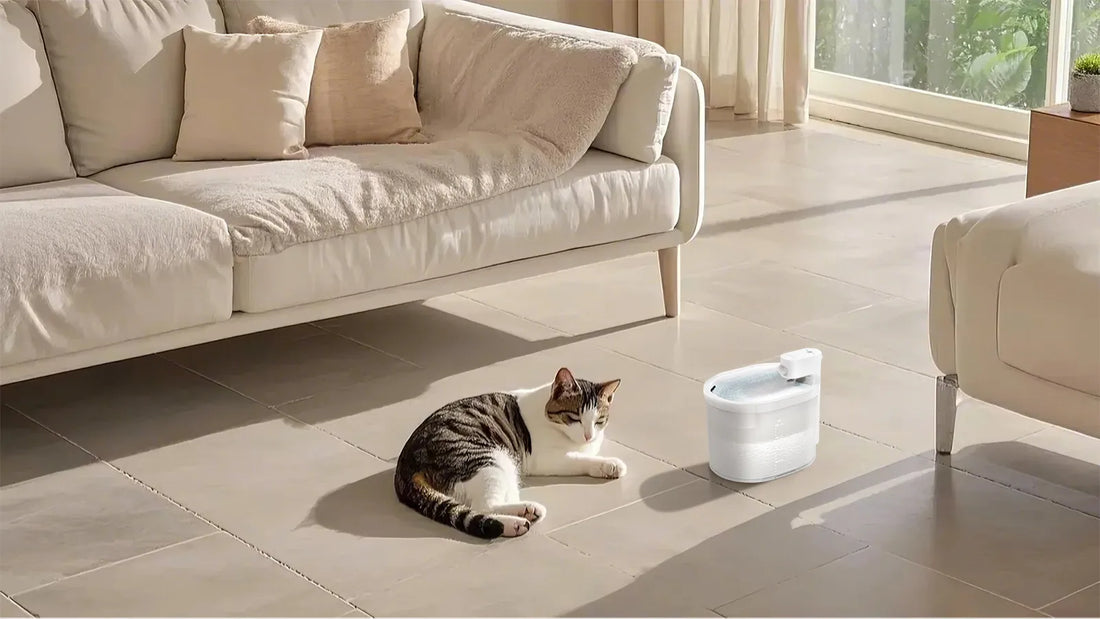If your cat doesn't want to play, it can be concerning and confusing. Cats are naturally curious and playful creatures, so a sudden lack of interest in activities can signal underlying issues. Understanding the reasons behind this behavior is the first step toward helping your feline friend regain their zest for life.
Health Issues That Affect Playfulness
One of the primary reasons a cat doesn't want to play is health-related problems. Cats are masters at hiding discomfort, so it's essential to be vigilant. Common health issues that can reduce playfulness include:
- Dental problems
- Arthritis or joint pain
- Infections or illnesses
- Obesity or weight-related issues
If you notice a persistent lack of interest in play, consult a veterinarian to rule out medical conditions. Early detection and treatment can make a significant difference in your cat's quality of life.
Environmental Factors That Impact Play
Your cat's environment plays a crucial role in their behavior. A lack of stimulation or an overly stressful environment can lead to disinterest in play. Consider the following factors:
- Insufficient toys or play opportunities
- Changes in the household, such as new pets or family members
- Loud noises or disruptions
- Limited space or lack of vertical territory
Creating a cat-friendly environment with plenty of enrichment can encourage your cat to engage in play. Provide a variety of toys, scratching posts, and cozy spots to explore.
Behavioral Reasons for Play Apathy
Behavioral issues can also contribute to a cat's reluctance to play. Cats are creatures of habit, and disruptions to their routine can affect their mood and activity levels. Common behavioral reasons include:
- Stress or anxiety
- Boredom or lack of mental stimulation
- Age-related changes in energy levels
- Previous negative experiences with play
Understanding your cat's personality and preferences can help you tailor activities to their needs. Patience and consistency are key to rebuilding their interest in play.
How to Encourage Your Cat to Play
If your cat doesn't want to play, there are several strategies you can try to reignite their interest:
- Introduce new toys or rotate existing ones to keep things fresh
- Use interactive toys that mimic prey, such as feather wands or laser pointers
- Engage in play sessions at the same time each day to establish a routine
- Incorporate treats or rewards to make playtime more enticing
Remember to be patient and observe your cat's reactions. Forcing play can have the opposite effect, so let them set the pace.
When to Seek Professional Help
If your efforts to encourage play don't yield results, it may be time to seek professional help. A veterinarian or feline behaviorist can provide valuable insights and tailored solutions. They can assess your cat's health, environment, and behavior to identify the root cause of their apathy.
Don't hesitate to reach out for support. Addressing the issue early can prevent it from escalating and improve your cat's overall well-being.
Your cat's playfulness is a vital part of their happiness and health. By understanding the reasons behind their reluctance to play and taking proactive steps, you can help your feline companion rediscover the joy of playtime. Start today and watch your cat thrive!













